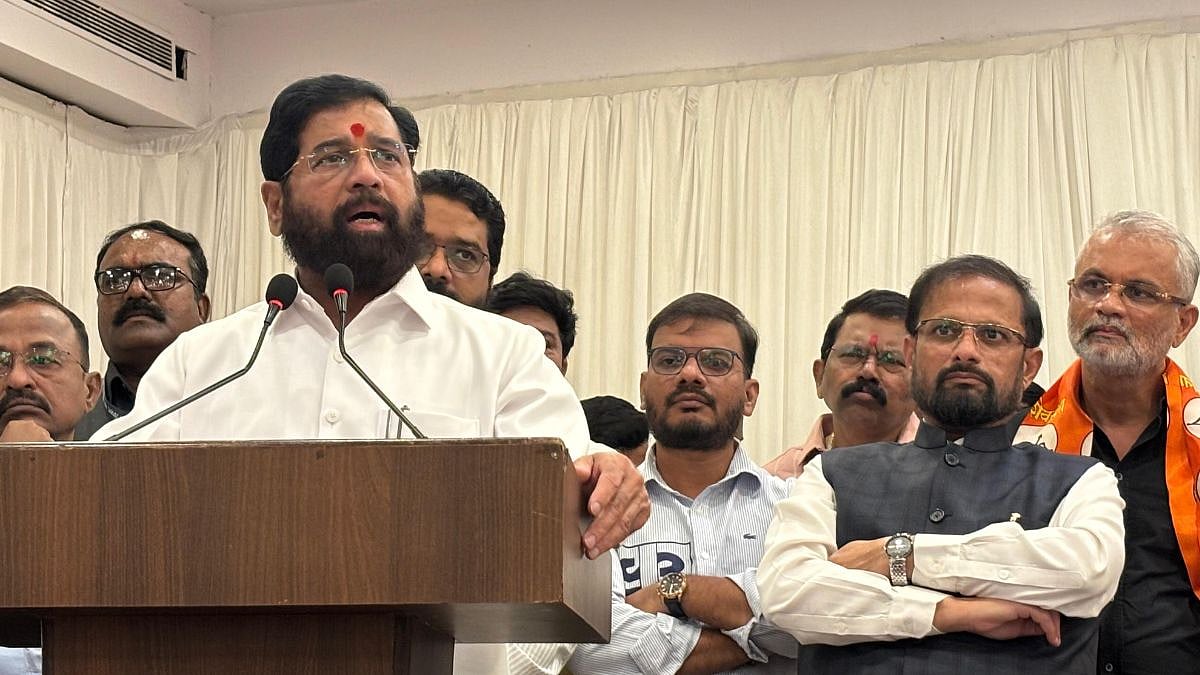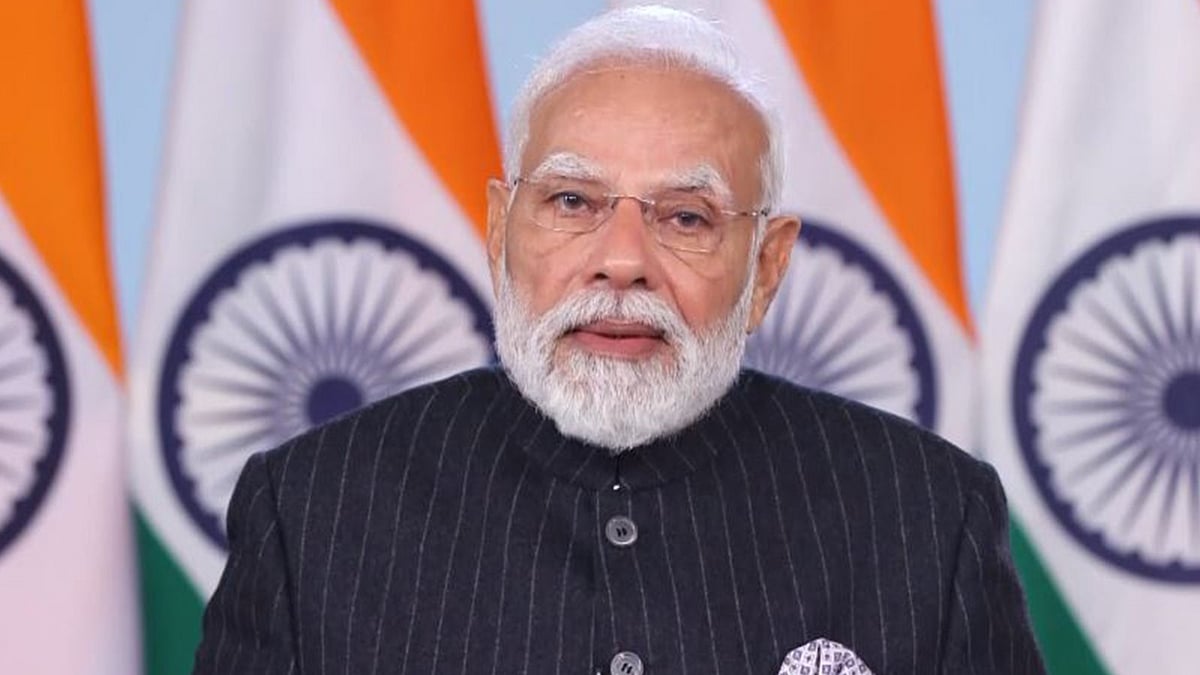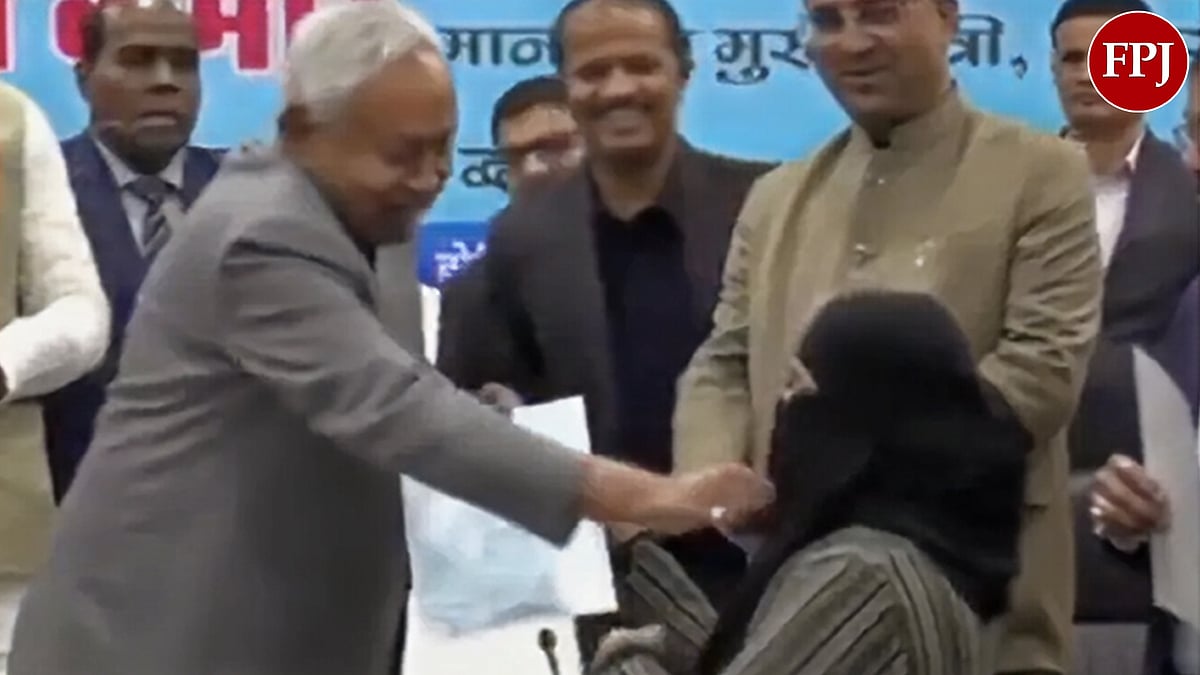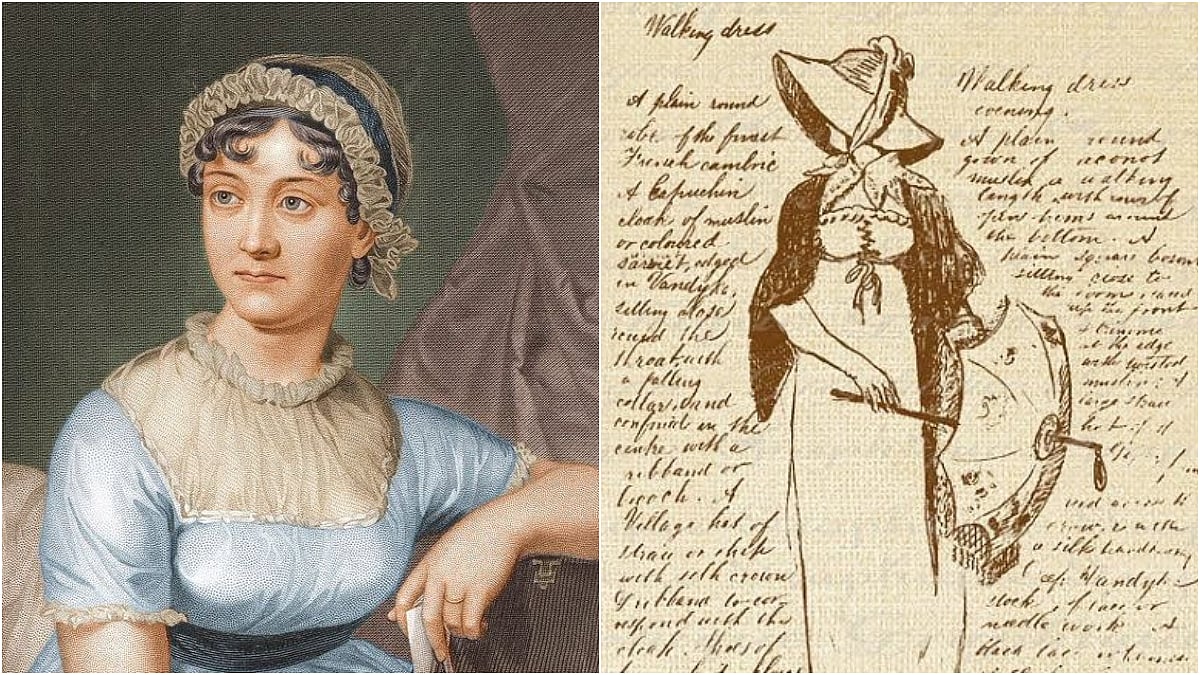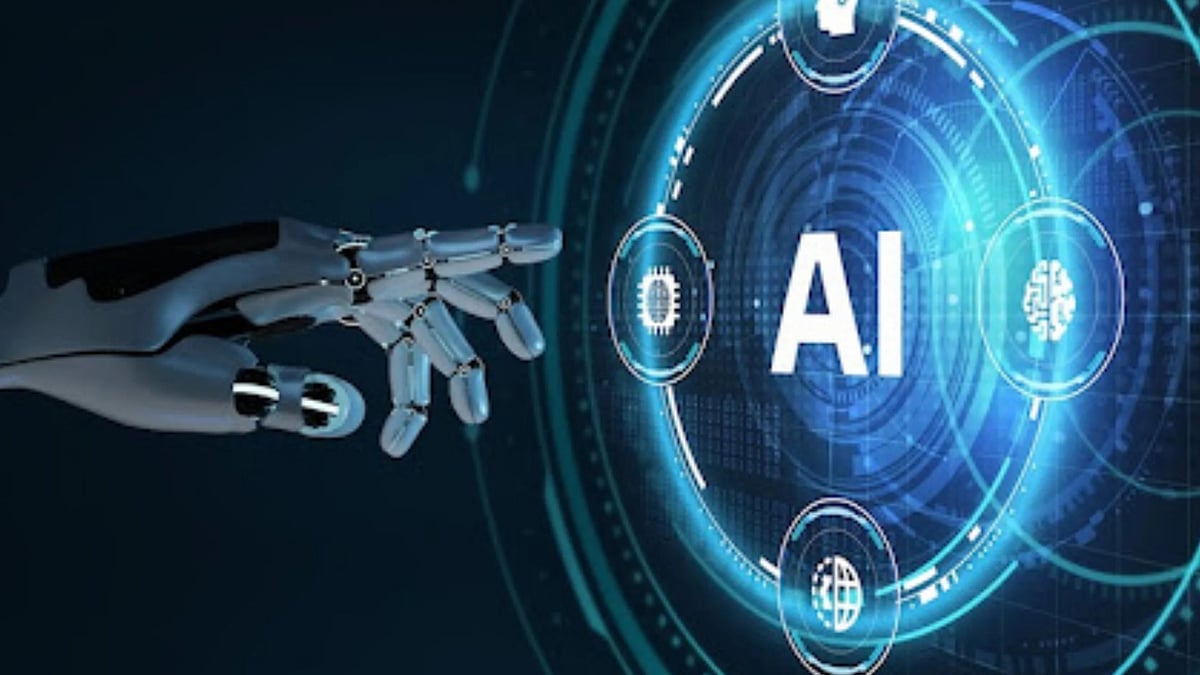The Indian G20 presidency has truly been remarkable in its capacity to cast a vital spotlight on the Global South. As a representative of a substantial share of the world's population and emerging economies, India has adeptly elevated the voices and interests of Global South nations. Throughout its tenure, India has steadfastly advocated for policies that promote inclusivity and fairness, tackling critical concerns like equitable vaccine access, just trade practices, and sustainable development. This unwavering commitment to the needs and aspirations of the Global South has underscored the urgency of narrowing the global economic and developmental disparities. The success of India’s presidency should be gauged not solely in rhetoric but in the palpable transformations that uplift those most in need.
The Leaders of the G20 agreed to the creation of a Working Group on the empowerment of women to support the G20 Women’s Ministerial which will convene its first meeting during the Brazilian G20 Presidency. According to the New Delhi Leaders' Declaration, the G20 forum is dedicated to advancing its Brisbane Goal, which aims to narrow the gender gap in labour force participation. To achieve this, the implementation of the G20 Roadmap Towards and Beyond the Brisbane Goal '25 by 25' is being emphasised, with the collection of annual reports from the ILO and OECD to monitor progress.
Additionally, G20 initiatives for gender equality focus on facilitating affordable, secure, and high-quality education opportunities for women and girls. Furthermore, the G20 is committed to providing lifelong support for women and girls to attain both primary and higher education. They have also reaffirmed their dedication to combating gender-based violence within the corporate world, including sexual harassment, with a vision of a transformative shift in the labor landscape where women play a central role. Their objectives include aiding all women and girls, including those with disabilities, in securing employment opportunities while fostering leadership skills.
In an effort to bridge the gender digital divide, the forum has pledged to advance regulatory policy frameworks that enable women to actively participate in shaping and implementing national digital strategies. Additionally, they are committed to addressing the gender-specific obstacles that impede the affordability, accessibility, and utilisation of digital technologies. Moreover, the G20 is eager to promote initiatives that foster women's engagement in the digital economy. They extend an invitation to women to participate in climate action, acknowledging and embracing their partnership, decision-making capabilities, and leadership within climate change initiatives. Conversely, the forum is equally dedicated to ensuring that all women and girls have access to essential nutrition.
This decision represents a significant stride towards women's empowerment within the G20 framework. However, it is crucial to emphasise that the true impact of this initiative will hinge on concrete milestones and tangible actions, not just lofty rhetoric. The establishment of a Working Group dedicated to the empowerment of women is a promising start, but its effectiveness will be measured by the meaningful progress it facilitates in empowering women globally. It is imperative that this Working Group translates its intentions into actionable policies and initiatives that bring about substantive change, ensuring that the G20's commitment to women's empowerment is more than just a symbolic gesture.
While the commitment is clear, the absence of detailed implementation strategies and timelines generally would make people question the entire exercise, and have doubts about practical realisation and accountability. It is essential for the G20 to provide clear policies, action plans, and transparent monitoring mechanisms to track progress. Recognising that women's experiences and challenges vary significantly, the G20 should explicitly consider how gender intersects with factors like race, ethnicity, and disability. This approach will ensure that initiatives are tailored to address the specific needs of all women, promoting inclusivity and equity in a diverse global context.
Given the global nature of this issue, collaboration with international organisations and countries can amplify the impact. Partnerships with social entities and regional experts can facilitate the sharing of best practices, resources, and expertise, leading to more comprehensive and effective solutions. To make their commitments meaningful, the G20 should engage with women's advocacy groups and civil society to gather feedback. This ensures that the voices of those directly impacted by their policies are heard. Additionally, the establishment of clear accountability measures, such as progress reports and periodic reviews, is crucial in maintaining transparency and trust in the G20's dedication to women's empowerment. These mechanisms are fundamental for turning commitments into tangible actions and results.
Subsequent G20 forums should consistently prioritise the theme of women's empowerment for several compelling reasons. Firstly, gender equality is not just a moral imperative but also an economic one. Empowering women in the workforce can significantly boost a nation's GDP by tapping into a larger talent pool and promoting diversity of thought. Secondly, addressing women's issues, such as access to education and healthcare, can lead to improved societal well-being and stability. Additionally, it aligns with the United Nations' Sustainable Development Goals, making it a global priority. Lastly, promoting women's participation in decision-making processes at the highest levels can lead to more inclusive and equitable policies, benefiting all members of society. Therefore, consistently integrating the theme of women's empowerment into G20 discussions is essential for fostering a fairer and more prosperous world.
Challenges in the Global South for women's empowerment are multifaceted and often deeply rooted in systemic issues. Socioeconomic disparities, limited access to quality education, and insufficient healthcare resources are prominent obstacles. Additionally, gender-based violence and discrimination persist as significant barriers, inhibiting women's ability to participate fully in economic and social activities. Inadequate representation in decision-making roles further hinders progress. Addressing these challenges requires a comprehensive approach, encompassing policy changes, investment in education and healthcare, and efforts to combat deeply ingrained societal attitudes and norms.
Social and cultural issues play a substantial role in slowing women's empowerment in many parts of the world. Traditional gender roles and stereotypes can limit opportunities for women, both within their households and in wider society. Discriminatory cultural practices and customs often perpetuate inequalities, restricting women's autonomy and participation in economic and political spheres. Access to reproductive health and family planning services can be constrained by cultural taboos, affecting women's choices and overall well-being. Tackling these issues necessitates a sensitive, culturally informed approach that encourages societal transformation while respecting local traditions. It underscores the importance of not only legislative changes but also the evolution of cultural attitudes towards gender equality.
Women's empowerment should be fast-tracked as a basic human right issue because it is fundamentally tied to the principles of equality, dignity, and freedom. Ensuring that women have equal access to opportunities, resources, and decision-making power is not just a matter of social justice; it's a moral imperative. Women's rights are human rights, and when women are empowered, societies become more equitable and just. Gender-based discrimination and the denial of basic rights to women perpetuate a cycle of poverty, inequality, and injustice. Accelerating women's empowerment is not just about improving their economic prospects; it's about affording them the autonomy to make choices about their own lives, the freedom to access education and healthcare, and the ability to participate fully in the social, political, and economic spheres. Fast-tracking women's empowerment is, at its core, a commitment to upholding the inherent rights and dignity of every individual, regardless of gender, and is essential for a fair and just world.
Women's empowerment is intricately linked to humanity's progress, extending beyond just socioeconomic growth. It touches the very core of our collective evolution as a species. When women are empowered, societies become more equitable and just, fostering greater social cohesion and stability. Moreover, it transcends economics by promoting human rights, dignity, and freedom for all individuals, regardless of gender. Empowered women not only contribute to economic productivity but also drive social change, advocating for education, healthcare, and environmental sustainability. This is why, in the global symphony of progress, the G20 must conduct the powerful movement of inclusion, where women are not just heard but valued as fundamental core in the composition of a fair and equitable world.
Dr Srinath Sridharan is an author, policy researcher and corporate advisor. He tweets at @ssmumbai. Dakshita Das is a former civil servant and is currently heading a government committee on gender budgeting

